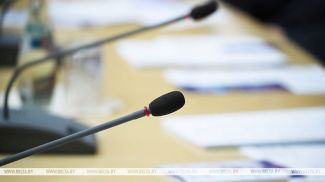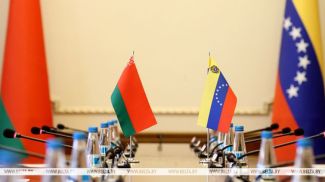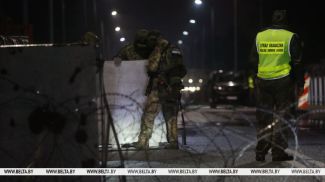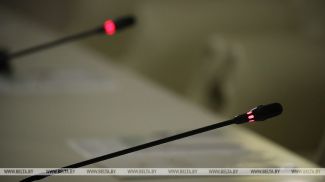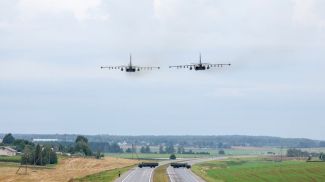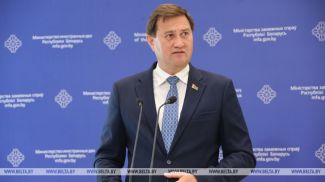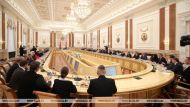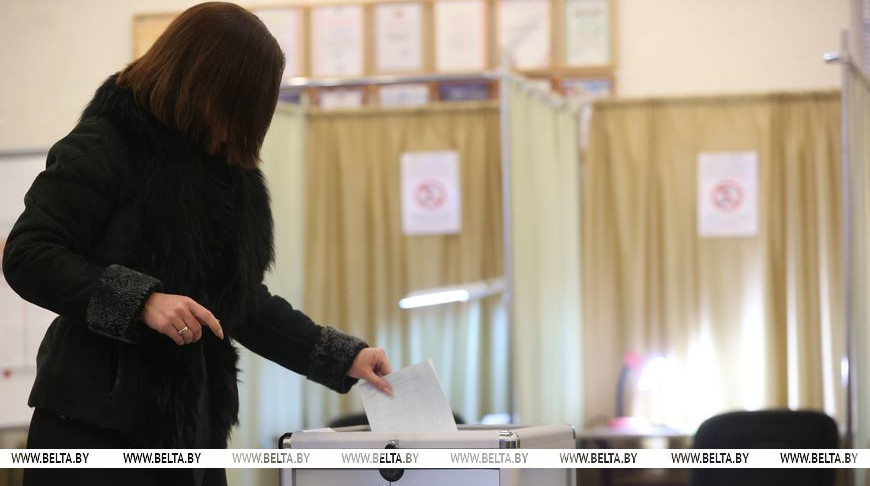
Undemocratic, predictable, inconsistent with Western standards... When the West speaks about Belarus and the upcoming election, it uses the usual set of clichés. And, it would seem, what is there to discuss? After all, T's and I's in our relations have long been crossed and dotted, and fences on the border have been built. Of course, the Poles could have done better and built higher. And yet... In life, as a rule, things are not so simple. And they are even more difficult in politics. But it is geography that sometimes determines both our lives and politics.
Requiem for the West's dreams
Belarus is a buffer state. That is the geography, and there is no escaping it. But Belarus is not just a buffer. Our country is a geopolitical buffer in the center of Europe. We are exactly on the rift of two worlds. Now we are in the very epicenter of a geopolitical storm. The same storm that is leveling Ukraine, a buffer state too.
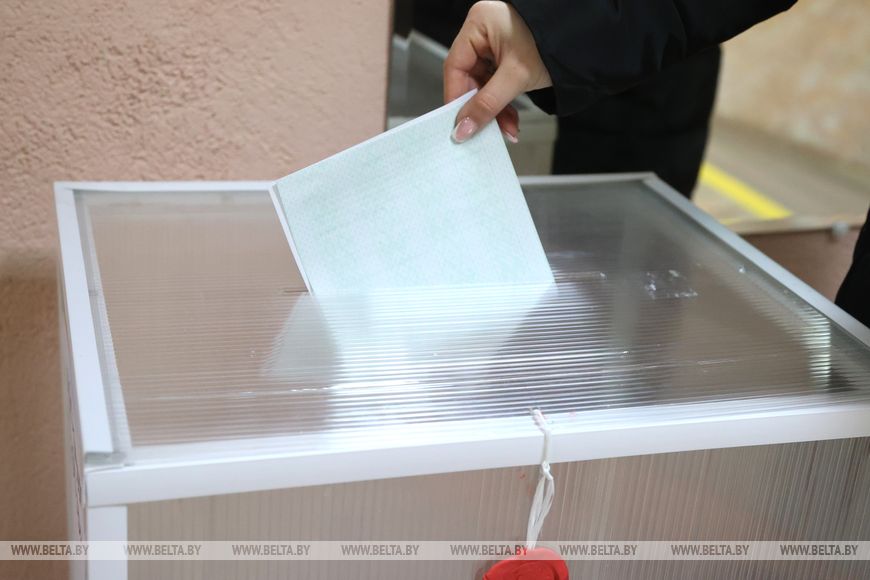
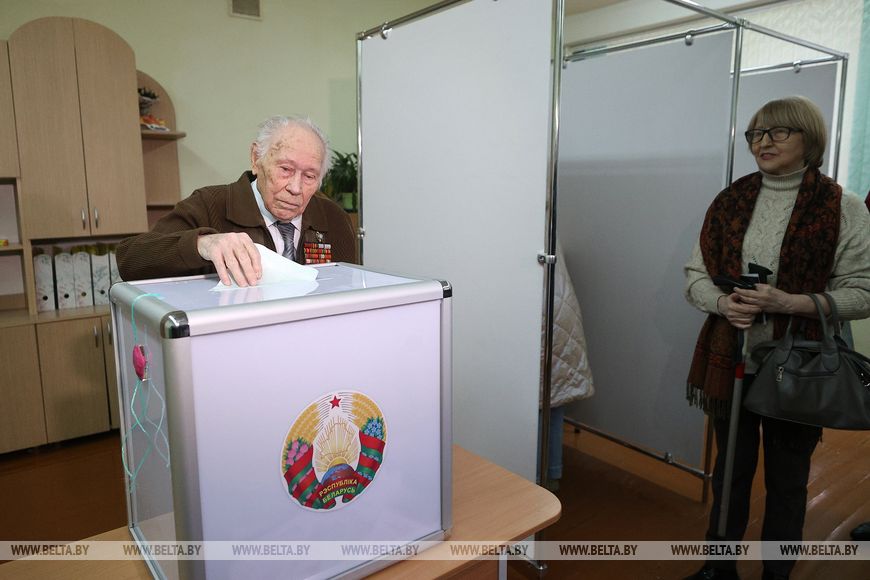
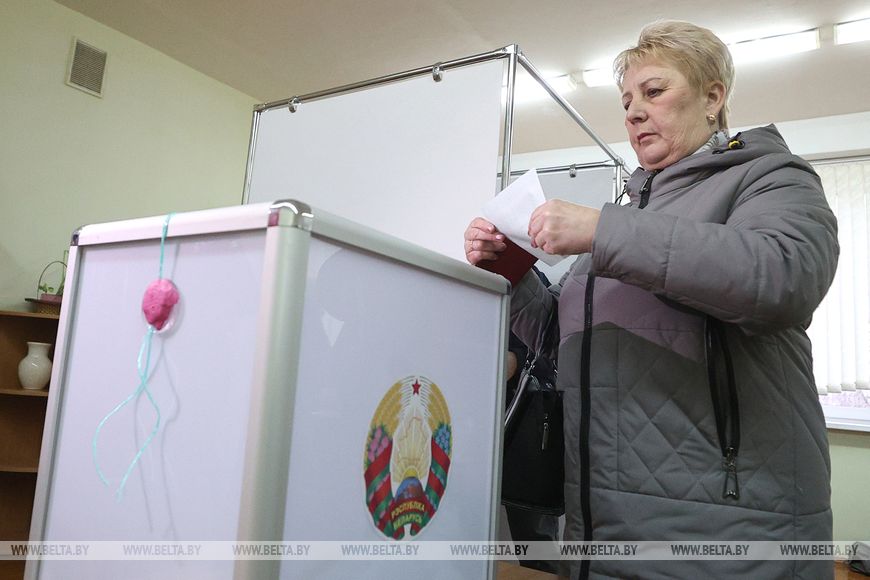
‘Soup mix’ from the Department of State
Among the first to share his “authoritative opinion” about the election in Belarus was Matthew Miller, former spokesperson for the United States Department of State. The ingredients of Miller's “soup mix” are classical: unfree, unfair, sham and can't reflect the will of the people. Overall, Matthew was succinct. Unlike the commenters on his social media post X.
“Сolor revolution in Belarus fails and the people win, democratically electing their choice. Douchebag imperialists cry about it on Twitter,” one of the commentators said.
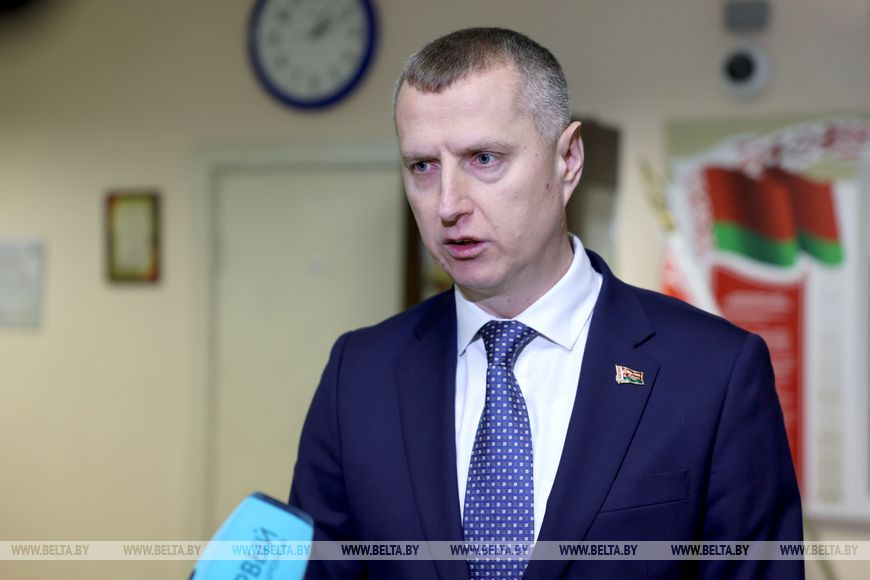
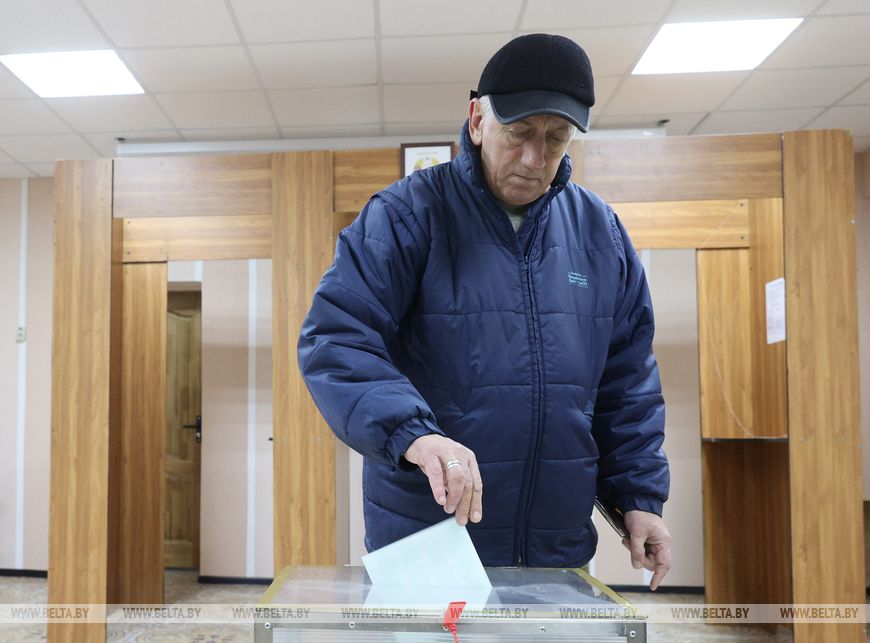
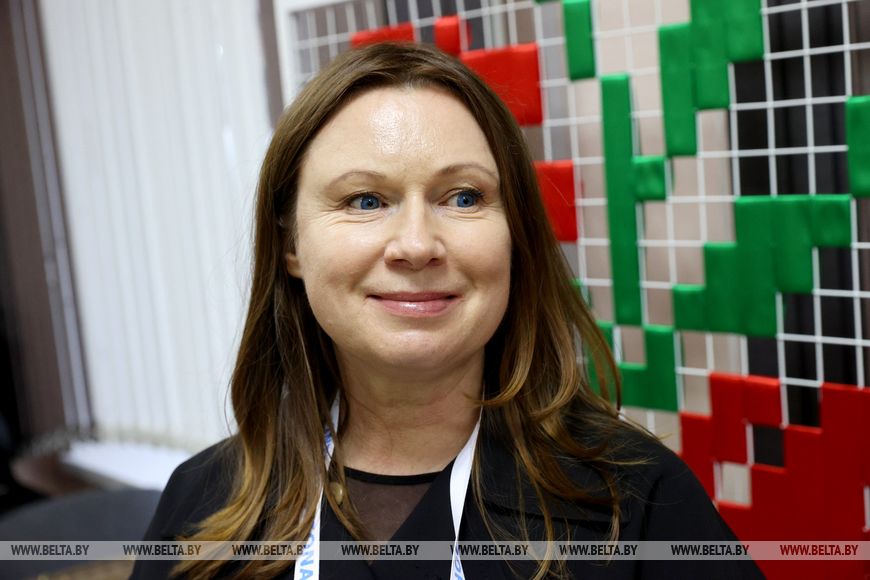
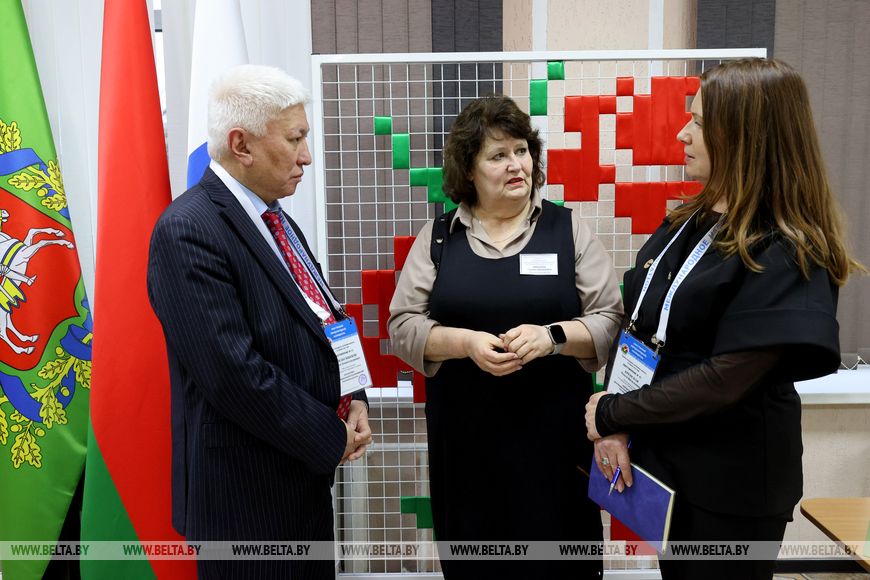
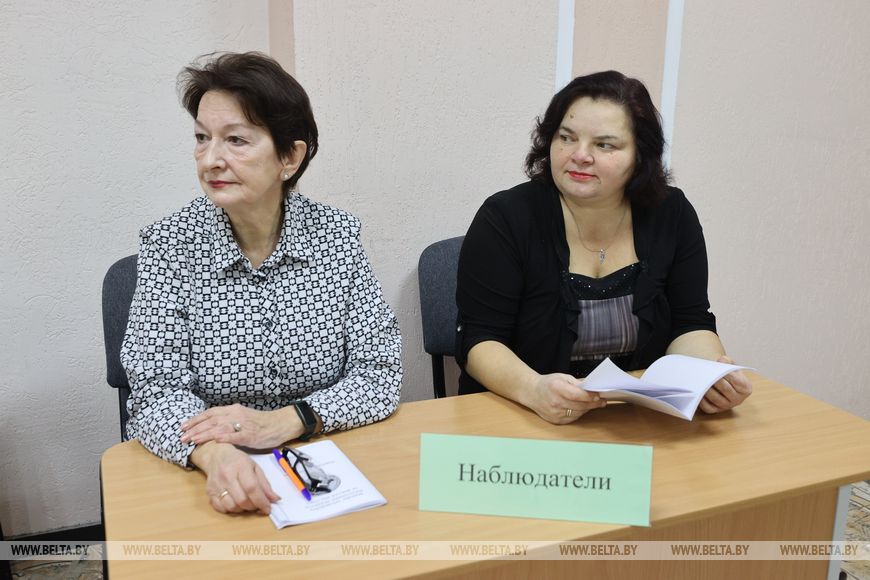
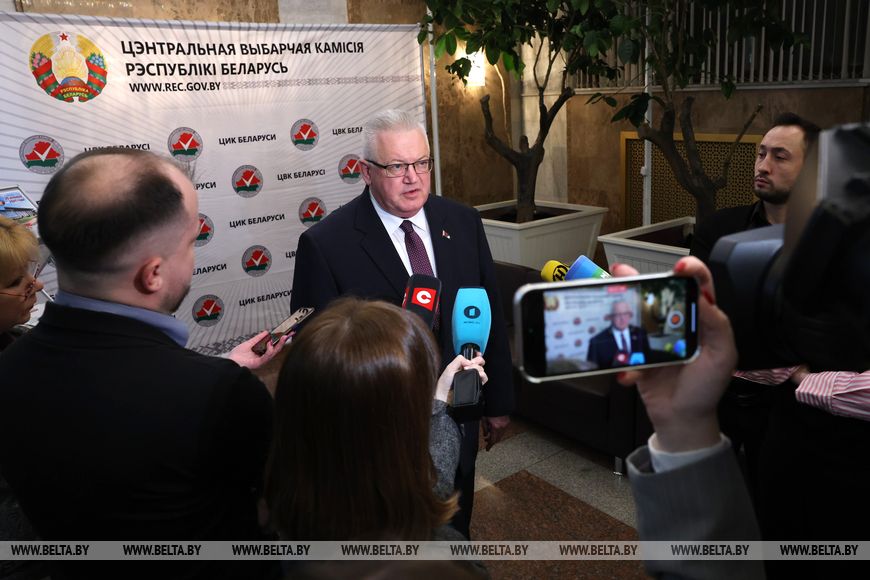



Requiem for the West's dreams
Belarus is a buffer state. That is the geography, and there is no escaping it. But Belarus is not just a buffer. Our country is a geopolitical buffer in the center of Europe. We are exactly on the rift of two worlds. Now we are in the very epicenter of a geopolitical storm. The same storm that is leveling Ukraine, a buffer state too.



How did it happen that this storm did not sweep across the Belarusian land? Western think tanks have been puzzling over it for a year. As a rule, they are looking for reasons for failure in 2020.
The Guardian recently issued a requiem for the “broken democratic dreams” of the West. The editorial laments: five years ago Belarus appeared to be on the cusp of a revolution… which proved ‘a turning point, but in the wrong direction.
“How Lukashenko crushed spirit of revolution in Belarus?” asks another British newspaper The Times.
It is a good question, given that Western political strategists had already built up a decent portfolio on color revolutions. They took Ukraine through the millstones of revolutions twice but failed in Belarus three times.
So we are an anomaly for them, an unclosed gestalt, a dangerous precedent, and, all in all, an irritating factor. But they are connected with us by geography, as well as we are with them. Therefore, Belarus will always remain in the focus of the Western establishments. The information noise around the forthcoming election in Belarus is a clear confirmation of that. Although, it would seem, what is the point of making noise about an event that you yourself call others to ignore?
“How Lukashenko crushed spirit of revolution in Belarus?” asks another British newspaper The Times.
It is a good question, given that Western political strategists had already built up a decent portfolio on color revolutions. They took Ukraine through the millstones of revolutions twice but failed in Belarus three times.
So we are an anomaly for them, an unclosed gestalt, a dangerous precedent, and, all in all, an irritating factor. But they are connected with us by geography, as well as we are with them. Therefore, Belarus will always remain in the focus of the Western establishments. The information noise around the forthcoming election in Belarus is a clear confirmation of that. Although, it would seem, what is the point of making noise about an event that you yourself call others to ignore?
‘Soup mix’ from the Department of State
Among the first to share his “authoritative opinion” about the election in Belarus was Matthew Miller, former spokesperson for the United States Department of State. The ingredients of Miller's “soup mix” are classical: unfree, unfair, sham and can't reflect the will of the people. Overall, Matthew was succinct. Unlike the commenters on his social media post X.
“Сolor revolution in Belarus fails and the people win, democratically electing their choice. Douchebag imperialists cry about it on Twitter,” one of the commentators said.
"When is the USA going to stop poking it's long nose into every other country's affairs? Most of the conflict around the world seems to be USA ," said another X user.
"This is another failed coup by the CIA and Washington is not happy ," another commentator remarked.
The adjectives used for Miller are embarrassing to quote. The mildest of them was: "Don't let the door hit your butt on the way out. Glad I won't be seeing your ugly smirking face anymore."
Miller's publication was posted on 18 January, two days before Donald Trump's inauguration and three days before the start of early voting in the presidential election in Belarus. Realizing that he would soon be asked to leave his office at the State Department, Matthew was in such a hurry that he commented on the outcomes of the election in Belarus before it officially began.
Democracy hiding behind the fence
The US State Department was immediately followed by the European Parliament that even bothered to draft a whole resolution. For some reason, the MEPs demanded that the European Union not recognize the election in Belarus, though it does not recognize it anyway. And yet the statement posted by the MEPs was more 'meaty' than that of the State Department. It included a demand to toughen sanctions, including for "Belarus' participation in Russia's war in Ukraine." And this transition from the election to the Ukrainian conflict, in which Belarus is not participating, is very telling.
Did you know that PACE has 'a general rapporteur for a democratic Belarus'? Polish Sejm deputy Ryszard Petru is watching how Belarusians are living from his side of the fence. But apparently, the view from there is rather blurred. All that Mr. Ryszard managed to discern was the lack or absence of: democracy, opposition parties and 'credible' international observers. Petru himself did not want to go to Belarus as an observer. Neither did OSCE/ODIHR observers who were invited by the Belarusian side. So, maybe the gentlemen do not trust themselves either?

The Polish MP also claims the absence of transparent vote counting. And here I would like to remind the "general rapporteur" that votes are usually counted after polling stations close. Although in Poland all kinds of situations happen.
It calls to mind the Polish parliamentary elections in 2023. After the polling stations closed and exit poll data began to be published, Poles in a number of cities were still standing in long lines to vote. There were not enough ballots for all voters, so at some polling stations the voting hours had to be extended. How can there not be enough ballots during elections? This question should be addressed to the 'general rapporteur for a democratic Poland'. But it is unlikely that there is one. The Polish media reported on cases when voters were given a ballot paper that had already been used by someone else.
There will be an opportunity to see how transparent the presidential election in Poland is in May. Something suggests that we will hear a lot of interesting things. The only thing that we are not going to hear is the real assessments by the U.S. Department of State and PACE.
As for the presidential election in Belarus, the EU has already prepared a final statement. Something went wrong, however, and the Belarusian Ministry of Foreign Affairs got hold of the document. The election in Belarus has just begun, but the document has already condemned everything and recognized nothing,” said MFA representative Anatoly Glaz.
Key election for Europe
No matter how arrogantly the West looks in our direction, it still has to recognize the place and role of Belarus in modern geopolitical processes. That is why, no matter what they say, they pay close attention to the elections in our country. This is reflected not only in the political fuss of the U.S. Department of State and the European Parliament, but also in the publications of foreign mass media and analytical centers.
In December, The Conversation compiled the top 5 elections to watch in 2025. The presidential election in Belarus is among them. Belgian newspaper L'Echo also published its top 4 key elections for Europe. The list includes elections in Belarus, Germany, Poland and Romania.
In the stream of well-worn clichés in Western publications, one can also find quite interesting assessments of the place and role of our country in international processes, as well as the true interests of the West in relation to our country.




“The real motivation of the West has always been geopolitical: to expand the space for maneuvering of Minsk in relation to Moscow,” writes the European news portal EUobserver.
“Which approach the West will favor will depend a lot on the course of the war in Ukraine and political developments in Western countries,” says the publication of the German Center for East European and International Studies (ZOiS) on elections in Belarus. In other words, the author recognizes that the West's approaches in Belarus are determined by the political situation.
The need to take into account the geopolitical realities around Belarus is mentioned in an analytical article published by the Jamestown Foundation, an American “think tank”. The article notes that the current elections will be held against the background of a geopolitical shift towards closer Belarusian-Russian integration. At the same time, foreign players should strategically approach Belarus, rather than focus only on differences.

Ahead of the presidential election in Belarus, political scientist Ardra Unni presented her view on our country and its role in geopolitical processes in Modern Diplomacy. “Belarus needs to play smart between both the blocs,” Unni writes about the West and the East. “The geostrategic importance of Belarus shouldn’t be downplayed. In this setting, striking a delicate balance between appeasing Russia, engaging the West, and responding to internal political reform desires will be critical. Belarus must not only act as a geopolitical buffer but also ensure that its strategic relevance results in practical advantages for its people.”

The extensive analysis titled Presidential elections in Belarus 2025: Lukashenko – the art of balancing relations between East and West was recently published by the International Institute for Middle East and Balkan Studies (IFIMES, Slovenia). The experts analyzed the development of Belarus over the past 30 years and came to conclusions that are surprising for the Western community. It turned out that Belarus has achieved “remarkable economic results” despite Western sanctions. “The performance in 2023 highlights a remarkable level of resilience and adjustment to the new hostile economic environment and numerous sanctions,” the report says.
Moreover, it turned out that Belarus can become a model for the rest of Europe. This is a great merit of President Aleksandr Lukashenko. “Independent analysts believe that the current president of Belarus has achieved several accomplishments during his tenure,” IFIMES says.

The analysts note that observing the war in Ukraine, "one can see the wisdom of Belarusian leadership in striving to ensure Belarus would not share Ukraine’s fate". The Belarusian authorities preserved peace during the most difficult moments, despite facing extensive Western sanctions and even some retaliatory measures from Russia, IFIMES admits.
As for the current election, they mark a turning point in the political life of Belarus, the report says.

Why did a Western institution make such unexpected assessments? Probably because of the absence of bias and the ability to see the whole picture. It is also because the analysts understand the importance of geography. Let's see what the IFIMES analysts say about this.
“Geography often manifests as a curse in international relations, creating obstacles that hinder the development of certain nations. Belarus finds itself wedged between Russia and Ukraine, in the midst of a war that also involves the EU and NATO,” the analysts note. Due to its geography, they say, Belarus is trying to balance its relations with both the West and the East. This is why the county is sanctioned by the West.
In fact, there are different opinions about Belarus in the West. Some people there hate Lukashenko, while others have a high opinion of him. Why such opposite feelings? Probably it is because they understand that there is no chance that a persona like Boris Johnson would come to modern Belarus and condemn the country and the Belarusian people to a terrible massacre with the phrase “let's just fight”.
Yes, Belarus is a buffer state. However, Belarus is also the center of Europe. The heart of Europe. Many people will fight for this heart. This is our life, this is our destiny. But we should remember that destiny is determined not only by geography. It is also determined by our character and, most importantly, by our choices.
Vita KHANATAEVA,
BelTA




